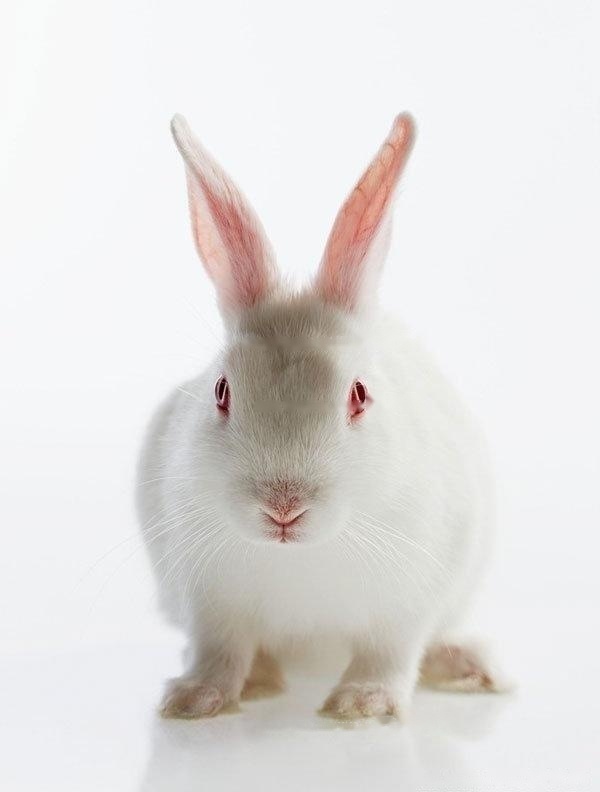
1. The problem of overuse of antibiotics
Antibiotics are indispensable drugs for the treatment of animal diseases. In recent years, in order to promote the growth and development of livestock and poultry, antibiotics have been widely used as feed additives, and have achieved certain results, but at the same time, there have been some adverse reactions. Production practice has proved that it is not advisable to use antibiotics in the production of rabbits. Antibiotics can destroy normal microbial colonies in the rabbit cecum, affect digestion, and even cause disease. Using some rabbit experts to develop biological disease prevention drugs is very effective. Antibiotics are not used as a last resort.
2. Problems of inbreeding
Inbreeding can degenerate the breed of rabbits, resulting in poor growth and development of offspring, reduced disease resistance, and even deformities. Genetic disease. Do not use self-reserved breeding rabbits if the rabbit population is small. Breeders of more than 6 groups should choose to keep their own female rabbits with good traits and introduce good male rabbits. Breeding rabbits can only be selected for large-scale farms.
3. Pay attention to infectious diseases
Despise parasitic diseases and skin diseases. Infectious diseases of rabbits, such as rabbit plague, rabbit pasteurellosis and other diseases are all serious infectious diseases that people talk about. However, parasitic diseases and skin diseases in rabbits should not be taken lightly. At present, the preventive measures against parasitic diseases are to keep the hygienic conditions of the rabbit house and its environment good, to ensure that the ventilation is not damp, to remove and properly dispose of the feces, to conduct regular and thorough disinfection of the rabbit house; to eliminate the intermediate host, Targeted deworming, for frequent and frequent parasitic diseases, deworming can be done once in spring and autumn each year.
4. Feed poisoning
Rabbits eat all kinds of grass, but some forages are poisonous and should be our attention. Special attention should be paid to the regenerated corn seedlings, sorghum seedlings, potato sprouts, piled hot vegetable leaves and grasses, pesticide residue grasses, moldy feeds, etc., which can easily cause rabbit poisoning.
5. The adulterated feed affects the normal growth and development of rabbits
Nowadays, there are many adulterated feeds, so special attention should be paid to identifying them when purchasing materials.
![[Dog Training 5] The training method of pet dog dining etiquette](/static/img/12192/12192_1.jpg)




